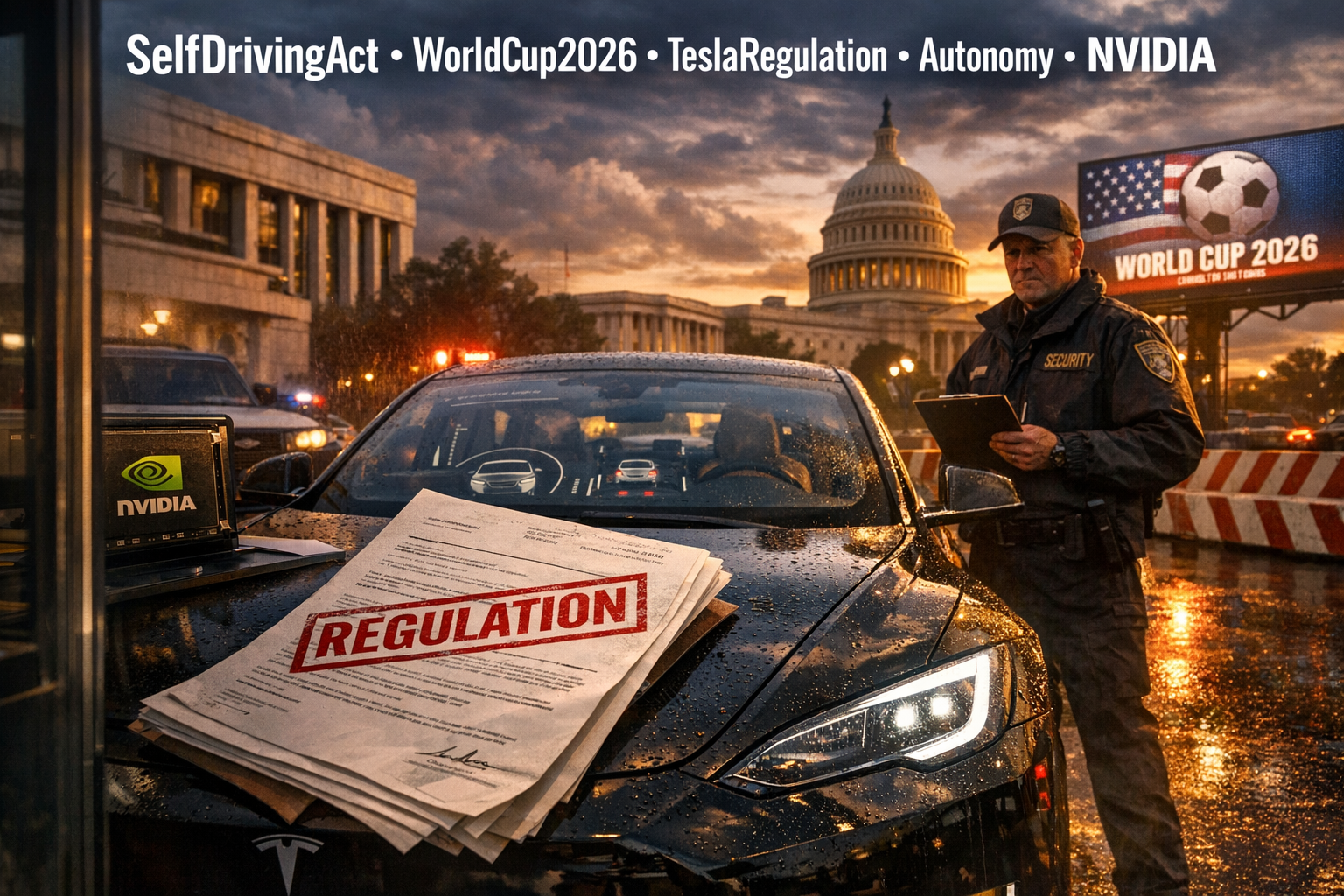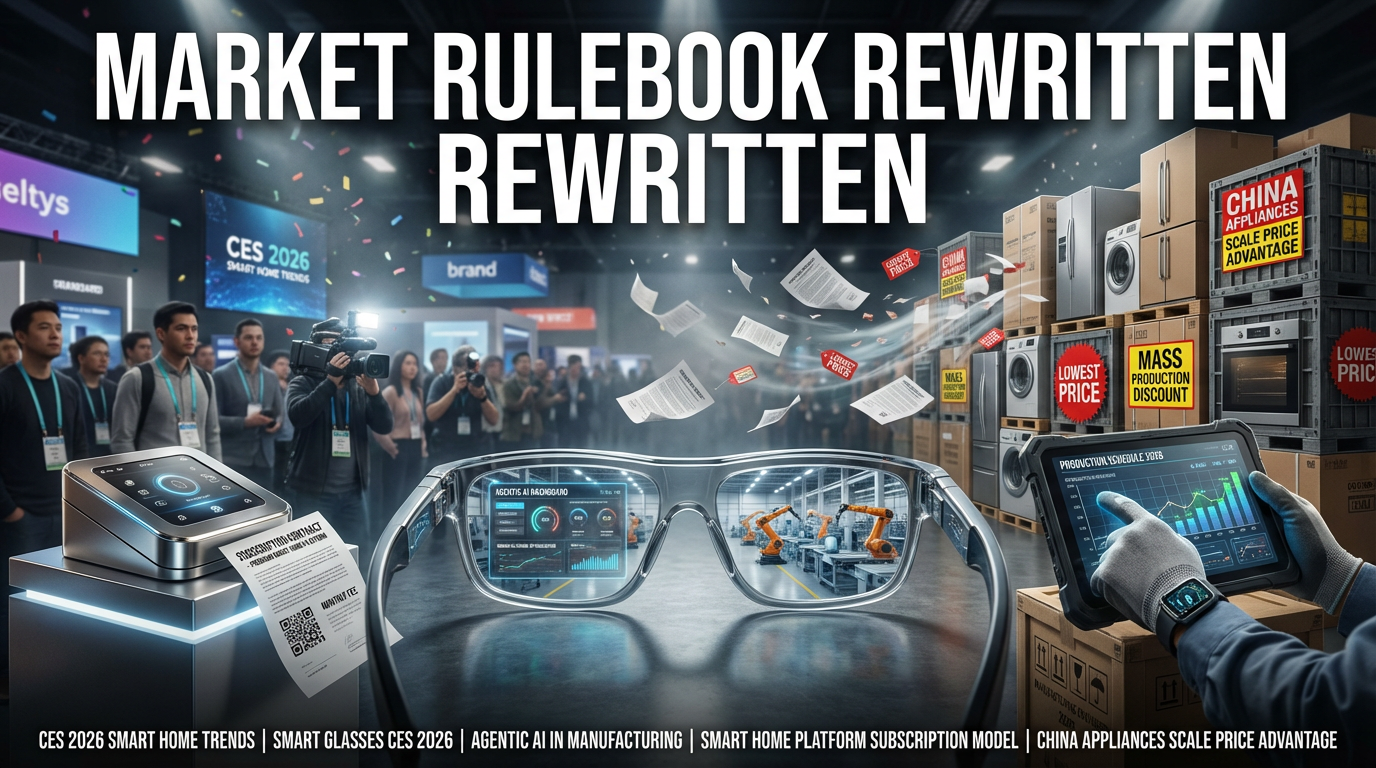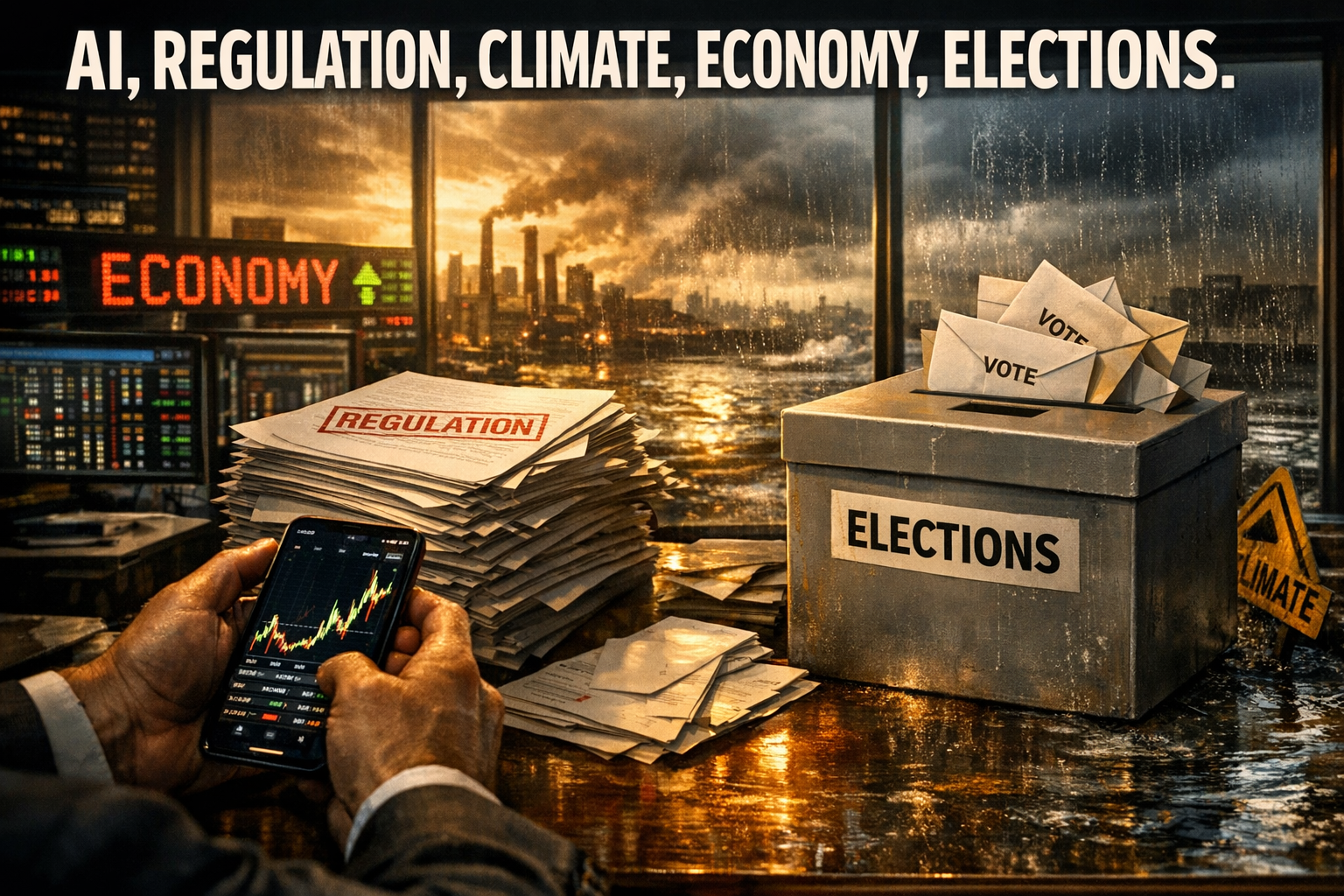Elon Musk, the CEO of Tesla, has expressed support for ending electric vehicle (EV) subsidies in the U.S., which could potentially lead to reduced EV investments by competitors. While some view this as a strategic move, others suggest it could backfire on Tesla as well.
The U.S. government under President-elect Donald Trump is considering the repeal of the Inflation Reduction Act (IRA) tax credit, which offers up to $7,500 for EV buyers. Musk, a supporter of Trump, reasons that Tesla, less reliant on subsidies compared to other manufacturers, may benefit as rivals heavily dependent on such incentives could face significant challenges. Financial Times supports this view, emphasizing that few EV companies are currently profitable, with incentives playing a critical role in sustaining them.
Tesla’s competitors, particularly those leasing EVs to qualify for IRA tax credits, could face a disruption if these subsidies vanish. Tesla, focusing on direct sales, believes it would be less impacted. However, Tesla’s U.S. market share has been declining—from 82.5% in 2019 to below 50% in 2023—while competitors like GM have grown their market share.
Critics, including EV-focused media outlet Electrek, argue that Tesla might be overestimating its advantage. Most competing EV manufacturers are established automakers with revenue streams from internal combustion vehicles, allowing them to continue EV investments without subsidies. Additionally, removing IRA tax credits may increase EV ownership costs while boosting internal combustion vehicle sales, potentially eroding Tesla's competitiveness.
Electrek further highlights that if the repeal redirects subsidies to gas-powered vehicles under a proposed "Drive American Act," Tesla could face a significant disadvantage. With Tesla’s per-vehicle profit at $6,886—below the $7,500 subsidy—this could strain its profitability and growth.
< Summary >
- Context: Elon Musk supports U.S. government plans to end EV tax credits.
- Policy Impact: The IRA credit of $7,500 aids EV adoption. Its repeal may favor Tesla due to its lower reliance on subsidies.
- Current Scenario: Tesla’s market share in the U.S. is declining, while competitors like GM are growing.
- Strategic Debate: Musk argues it will hurt rivals, but critics warn Tesla itself could suffer.
- Critical Risk: Repealing subsidies could increase EV ownership costs and shift the market back to gas vehicles if new incentives favor them.
< 핵심내용 요약 >
-
배경: 일론 머스크, 미국 전기차 세액공제 폐지 계획 지지.
-
정책 효과: 7,500달러 세액공제는 전기차 보급의 핵심 역할. 폐지 시 테슬라는 보조금 의존도가 낮아 유리할 가능성.
-
현재 상황: 테슬라의 미국 시장 점유율은 하락세, 반면 GM 등 경쟁사는 급상승.
-
전략적 논쟁: 머스크는 경쟁사에 부정적 영향을 예상하지만 반대로 테슬라에도 위험이 가중될 가능성 언급.
-
주요 위험: 세액공제 폐지는 전기차 가격 부담을 증가시키고, 내연차 시장을 부흥시킬 가능성이 있으며, 새로운 법안 하에서 내연차 보조금이 지원될 경우 테슬라에 큰 손실 예상.
-
Crafted by Billy Yang
-
[관련글 at nextgeninsight.net/]


